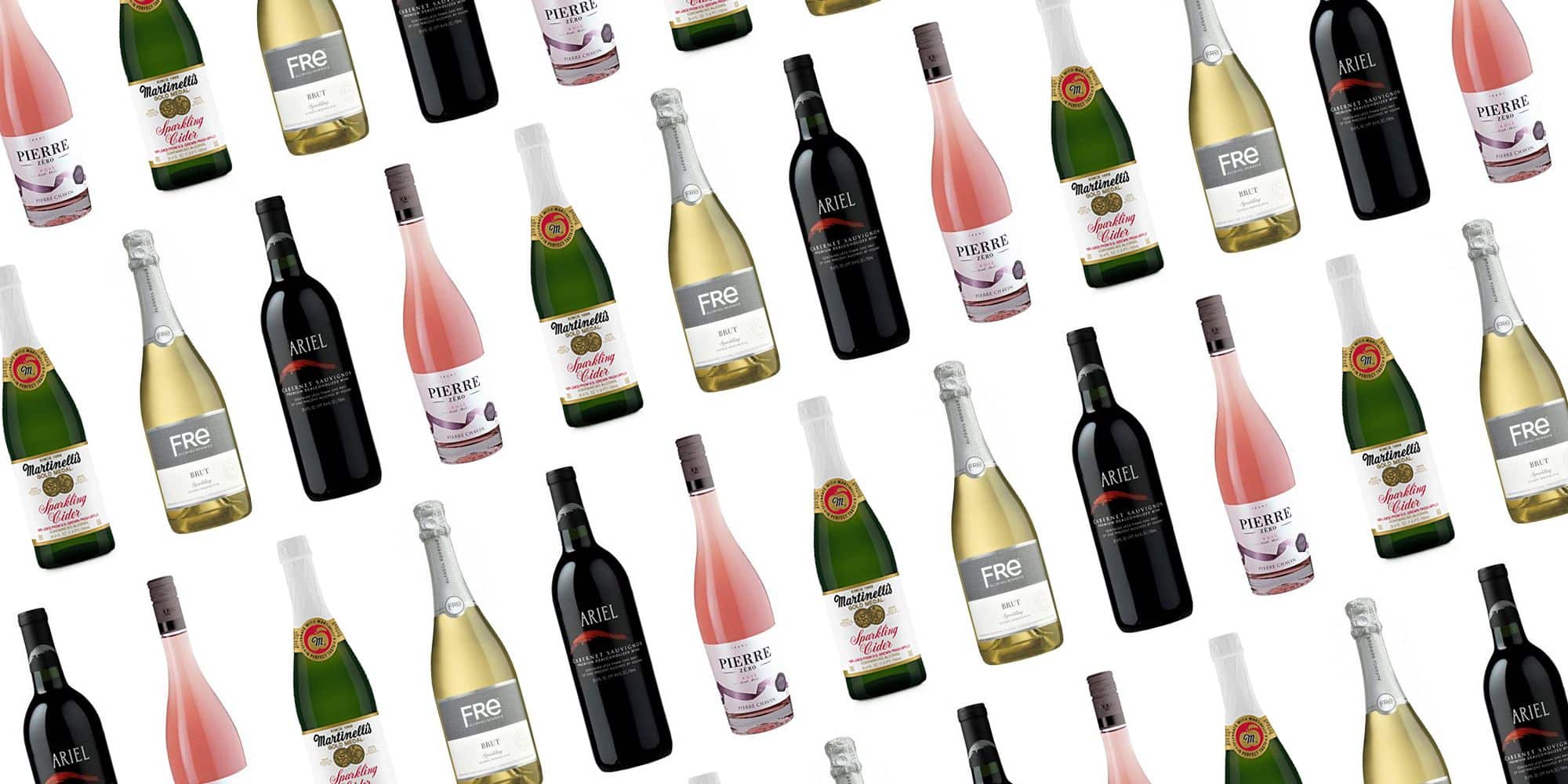Sustainability is now a primary issue by 2025, with people looking for eco-friendly options. A trend that is emerging is the shift towards alcohol-free wines, which do are not just an elegant drinking experience, but will also aid in the maintenance of a healthy environment.
Traditional wine production is energy-intensive, which can result in significant carbon emissions and a lot of consumption of water. Non-alcoholic wine production in contrast is a green alternative that has less environmental impact.
This article examines the positive environmental impacts of non-alcoholic wine production, and how it can contribute to an environmentally sustainable future.
1. Lower Carbon Footprint
Wine production is energy intensive as fermentation, aging as well as transportation contributing to carbon emissions. The method of making wine that is not alcoholic generally requires dealcoholizing methods that use less energy and use fewer resources. The main benefits are:
• A shorter time for fermentation, resulting in less greenhouse gas emissions.
• A lesser dependence on heavy oak barrels which helps reduce deforestation.
• Packaging that is lighter and lower emissions from transportation
Numerous wineries are now implementing the solar power of their production units which are further reducing their carbon footprint while making non-alcoholic wines an ecologically sustainable alternative.
2. Water Conservation in Vineyards
Water is among many of the best resources used in the field of agriculture. Traditional vineyards require huge amounts to be irrigated and processed. Wine producers who are not alcoholic are taking steps to limit usage of water through:
• Drip irrigation system that can reduce water waste
• Grape varieties that are drought-resistant reduce irrigation requirements
• Cleaner processes that are efficient that use less water in production
A study by The Wine Institute highlights that sustainable wineries that employ water-efficient techniques have cut down on their water usage by as much as 30 percent for each bottle they produce.
3. Sustainable Farming Practices
A lot of non-alcoholic wine producers are adopting organic and biodynamic farming to safeguard the ecosystem. These methods eliminate chemical pesticides and fertilizers that are synthetic as well as reducing water and soil pollution. The benefits are numerous, including:
• A healthier soil Promoting the natural diversity
• Lower chemical runoff and reducing pollution of local water sources
• Cover crops which improve soil fertility and stop erosion
Wine lovers who purchase organic, non-alcoholic wines directly aid eco-friendly vineyards that are committed to sustainability.
4. Eco-Friendly Packaging Innovations
Packaging plays an important role in the impact on the environment of wine. Glass bottles require a lot of energy in their production and transportation. To combat this to this, wine companies that are not alcoholic are adopting:
• Glass bottles that are light weight and reduces emissions from transport
• Biodegradable and recyclable packaging minimising the amount of waste
• Cork alternative to stop deforestation caused by the excessive harvesting of cork
These innovative solutions not only reduce the carbon footprint of every bottle, but also meet the growing demand from consumers for environmentally friendly packaging solutions.
5. Ethical Consumerism and Market Growth
As the awareness of climate changes grows people are seeking products that reflect their beliefs. A market of non-alcoholic wine is growing rapidly due to:
• Health-conscious people refrain from drinking alcohol
• Sustainability-focused consumers prioritizing eco-friendly products
• Younger generations adopting mindful drinking habits
This trend encourages wineries to take on eco-friendly methods of production, which eventually leads to a major industry shift.
Conclusion
Making the choice to drink non-alcoholic wine in 2025 is not just an ethical choice, it’s an investment in sustainability. From reducing carbon emissions to conserving water to embracing organic farming practices and environmentally friendly packaging, the production of non-alcoholic wines will pave the way to an eco-friendly future.
Through supporting sustainable wineries, consumers can drink high-quality and alcohol-free beverages, while also making an impact on the natural world.
If you’re in search of high-quality non-alcoholic wines that are in line with your environmentally-friendly way of life, check out the newest offerings on BeClink.com and enhance your sustainable drinking experience now!

